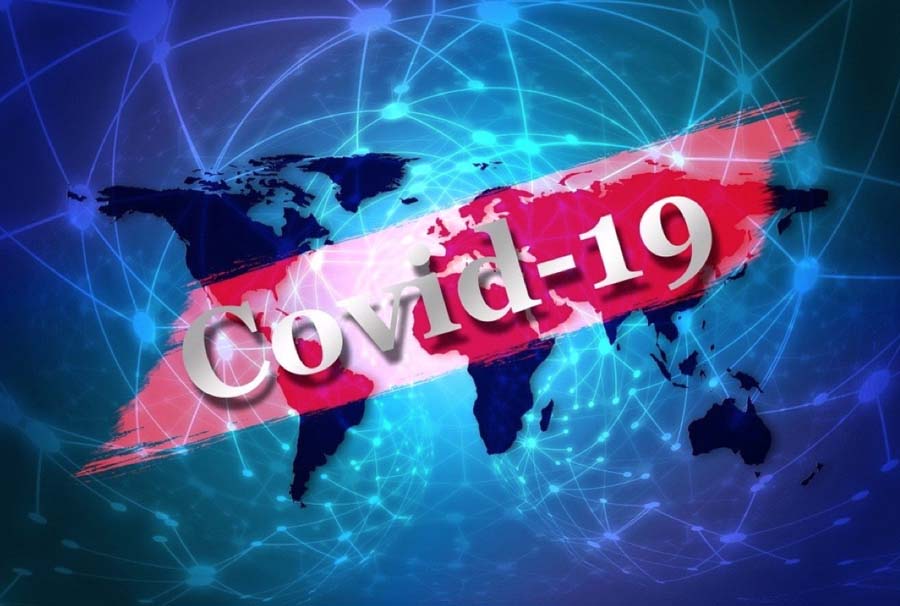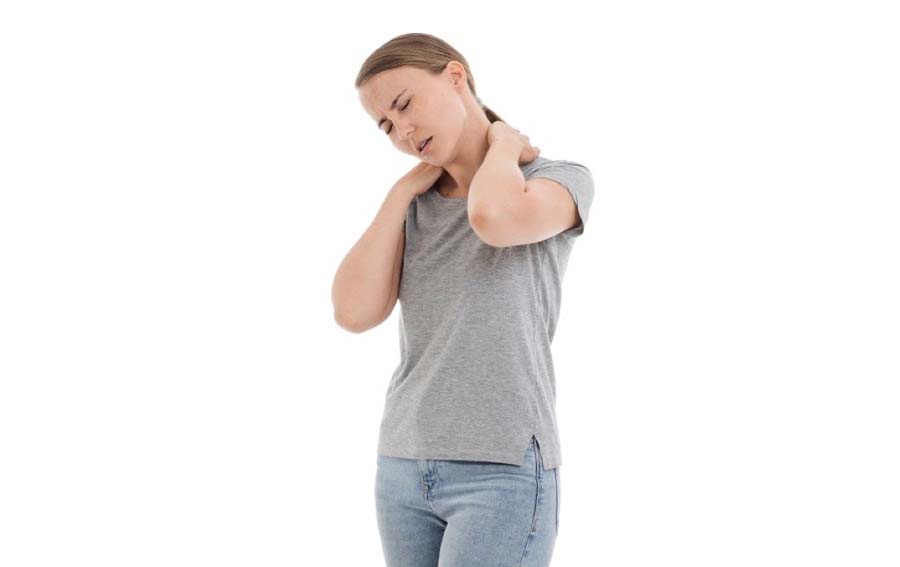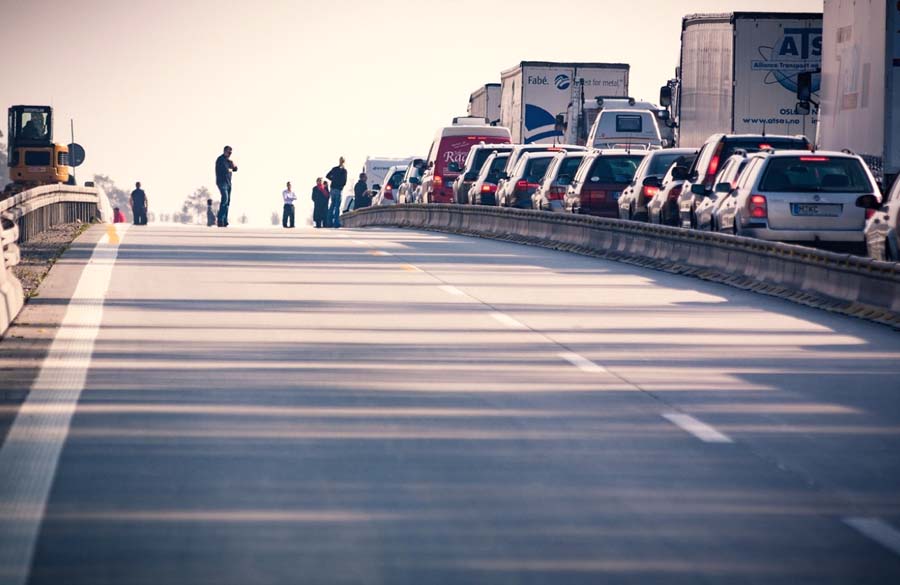
Normally we would open an article with facts and statistics, but as this is being written, the number of people infected with Coronavirus and the global death toll seem to be changing by the minute. With such widespread affects, people want to hold someone responsible. Could Coronavirus lead to personal injury lawsuits? That depends on each situation.
Personal Injury Lawsuits and Cruise Ship Victims
All personal injury lawsuits, Coronavirus related and otherwise, boil down to proving
- The victim suffered physical, emotional or financial harm
- That harm resulted from another party’s action or inaction, and that party had a duty to act differently.
The thousands of people stuck on cruise ships went through an extremely unpleasant ordeal. Not everyone got sick, but they all were massively inconvenienced. The news is still trickling out about whether people experienced physical harm as a result, and whether some of the infected succumb to their illness.
If Coronavirus does lead to personal injury lawsuits against cruise ship companies or employees, the results will depend on victims and their lawyers proving harm occurred and the party accused caused it. It will most likely involve examining whether or not the cruise line did everything reasonably possible to prevent the spread of infection and to protect passengers from injury.
Right now, whether or not Coronavirus will lead to a personal injury lawsuit is likely low on the worry list for most cruise lines. With travel shutting down across the globe, they’re much more concerned about keeping their business afloat.
Personal Injury Lawsuits After Coronavirus Infection
It does feel like the whole world has gone crazy, and we’re going to see plenty more where that came from. Employers are asking whether staff could bring a personal injury lawsuit if they get infected at work. Restaurants and retailers ask if customers could find them at fault if they get sick.
Again, any personal injury lawsuit related to Coronavirus will have to prove the injury or infection resulted from someone else’s negligence. If the employer or business did everything reasonably possible to disinfect, protect public health and educate on the dangers, they’re probably okay. However, if the victim can prove they got sick or became injured because that business was careless, they might have a case.
Common Sense Guidelines for Business
Harvard Business Review suggests business owners can avoid legal issues and help reduce the spread of COVID-19 when they do the following:
- Stay in the loop – Get your info from credible sources like the CDC and the World Health Organization. Base company decisions on official recommendations. You’ll be resource and a reassurance for those getting their news from social media, and you’ll safeguard your company if later someone challenges your infection control processes.
- Talk about hygiene – Don’t assume everyone knows how to wash their hands and prevent the spread of infection. Educate others on how viruses spread. Provide access to handwashing stations. Make sure there are clear communication guidelines for people who think they might have been exposed.
- Take reasonable precautions – The Occupational Safety and Health Act (OSH Act) contains the general duty clause, requiring employers to provide a workplace “free from recognized hazards…likely to cause death or serious physical harm.” Coronavirus is a recognized hazard. You have a duty to take reasonable steps to keep the public safe.
- Evaluate existing practices – A Delta airlines video shows staff fogging planes to disinfect. It was meant to reassure the public, but it begs the question…what was Delta doing before the virus? Shouldn’t they have been disinfecting all along? If you’ve changed the way you do things because of COVID-19, don’t make those changes temporary. Protect yourself from liability going forward by establishing healthier practices and implementing long term change.
When to Call a Personal Injury Attorney
If you became sick or injured because of someone else’s negligence, Monsour Law Firm is here to help. Schedule a free, no-obligation consultation today.
Your Comprehensive Guide to Whiplash Symptoms and Treatment

Neck pain and stiffness is one of the most common experiences after a car accident. Knowing a lot of people have experienced it doesn’t make it any easier to deal with. Whiplash can make it hard to enjoy the things you usually do every day. This guide explores common symptoms and treatment options so you can know what to expect.
What is Whiplash?
When you’re involved in a car accident, there’s sudden, violent movement. Sometimes that causes your head and neck to go through a back and forth movement similar to when someone cracks a whip. It most often happens when drivers and passengers are rear-ended, and it can cause significant injury. Physical abuse or assault and sports-related injuries can also cause whiplash.
In some cases, whiplash heals in weeks with the right treatment. In other cases, victims experience pain and complications that can last a lifetime.
Symptoms of Whiplash Caused from a Car Accident
Often victims don’t feel pain immediately, but the damage has already been done. Muscles in the neck and shoulders start to tighten after the crash or trauma, and the first indication is a feeling of soreness and stiffness.
Pain can radiate into the jaw. Sometimes victims clench their teeth against that pain, causing further jaw discomfort. If this continues, a temporomandibular joint (TMJ) disorder can occur. Here are additional whiplash symptoms:
- Pain when moving neck
- Reduced range of motion
- Pain in shoulders, back and arms
- Tingling and numbness in upper extremities
- Dizziness, nausea and vomiting from nerve damage
- Blurred vision
- Tinnitus
Injury and ongoing pain interferes with cognitive abilities and emotions. Whiplash can also cause trouble sleeping, irritability, depression, memory issues, focus problems and other complications.
How Long Before Whiplash Symptoms Occur?
Seatbelts save lives, but they also pin your torso in place and leave your head and neck free to experience sudden violent movement. Immediately after the accident, adrenaline floods your body. You or your passenger may have injuries that require immediate attention. Your vehicle is damaged and there are authorities to talk to. In the flurry of activity, it’s easy to overlook a neck injury.
You might start to notice pain and stiffness hours after whiplash occurs. It could also take days. That’s one of the reasons it’s so important to see a healthcare professional after a vehicle accident, even if you think you’re okay. If you do notice injuries after you’ve left the accident scene, the fact you sought medical attention protects your potential personal injury settlement claim.
Whiplash Treatment Options
For such a small part of the body, the neck has a wide range of things that could go wrong. Your treatment options will vary depending on the nature and extent of your injury. Always seek out and follow the advice of a healthcare professional. Whiplash treatment may include the following:
- Pain medication
- Ice and or heat
- Rehabilitation exercises
- Physical therapy
- Temporary use of a supportive collar
Whiplash Lawsuits
If you were hurt in a car wreck that was someone else’s fault, you shouldn’t have to pay for damage that shouldn’t have happened in the first place. Schedule your free, no-obligation consultation to talk to a Monsour Law Firm attorney today.
Who’s At Fault In Multi-Car Pile-Ups?

Another driver ran into your vehicle and pushed you into someone else. You weren’t doing anything wrong, but your vehicle caused damage. Who has to pay for that damage?
If you or someone else was injured, who pays for things like medical expenses and time off work? When multiple insurance companies are all trying to pay out as little as possible, how can you protect your interests?
Determining Fault in Multiple Car Accidents
In some states, drivers share responsibility for damages, no matter who or what caused the multiple car accident to occur. Texas and Louisiana are “fault” states. That means if one person caused the wreck by their action or inaction, their insurance company is responsible to cover costs up to policy limits.
There can be varying degrees of fault, with more than one driver contributing, but in most cases, a multiple car accident happens when one driver starts a chain reaction.
Chain Reaction Car Wrecks
This type of vehicle crash is sometimes called a chain reaction car wreck because that accurately describes what happens. Let’s say Vehicle A stops at a light. Vehicle B is slowing down, and Vehicle C is also approaching that same light. The driver of Vehicle D is on his cell phone and doesn’t see the stop ahead. He smashes into Vehicle C, pushing it into Vehicle B, and they slam into the stopped Vehicle A.
Vehicle D is at fault, because he engaged in distracted driving and failed to control his speed. Investigators, however, will also look into what the other drivers were doing. If Vehicle C was following too closely to Vehicle B, that driver may share liability.
First Steps After a Multiple Car Pile-Up
Multiple car pile-ups present some of the most complicated types of personal injury car accident cases because there are so many parties involved. If you’ve been involved in a multiple-vehicle collision, make sure you or someone else at the scene contacts the police.
If you can, check on your passengers and the other drivers to see if they’ve sustained injuries. It’s also beneficial to do the following:
- Exchange insurance information from all drivers involved
- Avoid making any statements about fault or blame
- Take photos of the other vehicles, the road conditions, roadside debris, skid marks and nearby landmarks
- Get contact information from eyewitnesses
- Make written notes detailing what you observe and a brief description of what happened
- Give police a factual statement of what you observed
After that, see a doctor as soon as possible, even if you feel fine. Injuries often don’t show up until later, and if you don’t see a doctor right away, it could impact your potential personal injury claim.
When Multi-Car Pile-Ups Require an Attorney
If you were in a multi-car fender bender and no one was hurt, you may be able to let your respective insurance companies handle things. However, that’s rarely the case.
It’s free to talk to a personal injury attorney at Monsour Law Firm. You’re not obligated to file a personal injury lawsuit if doing so won’t benefit you. For victims who do have injuries, our law firm doesn’t receive a dime unless you get a settlement.
If you have questions about liability in a multi-car pile-up, why not schedule a free consultation today.
Finding the Right Defective Product Attorney
When people get injured by a product or medication, sometimes the manufacturer is to blame. A defective product attorney specializes in representing victims in this type of case.
It’s a very specific type of lawsuit, and much different from other types of personal injury. For example, if you were hit by an 18-wheeler, what caused the injury and who is at fault is usually pretty apparent. A defective product case is typically much more complex. It requires in-depth knowledge of the medication or product, how it works, what’s involved in its manufacture and the manufacturer’s responsibilities when it comes to consumer safety.
The attorney you choose will have a direct impact on the outcome of your case. Here’s what to look for in a defective product attorney.
Experience
Before you hire an attorney, look over his or her past cases. Have they represented clients like you in similar situations? In how many cases have they been successful in reaching a settlement for their client? Pay attention to how committed they were to researching their client’s case and following through to obtain justice on their behalf.
Hiring the right defective product attorney is comparable to finding the right medical specialist. You wouldn’t go to a general practitioner for heart disease or expect your family doctor to treat you for lung cancer. The more specialized your attorney is in cases like yours, the better equipped he or she is to represent you.
There’s such a huge variety in the types of products available and the things that could go wrong. These are just some of the products covered by product liability law:
- Medications, both prescription and over the counter
- Medical devices
- Vehicles
- Inherently dangerous products like cleaning chemicals, tobacco and firearms
- Food
- Appliances
- Toys
A lawyer who successfully represented a man injured by a faulty oven might not be the best choice to represent a patient who took tainted medication. A case where a child was injured by a toy is different from one where a faulty oxygen therapy device caused death.
References
If you’ve been injured, it won’t be long before friends and family members start offering attorney recommendations. That’s helpful…to a point. Sometimes their advice is based on what they heard happened to someone else. Make sure you verify that attorney’s expertise before you hire them to represent you. It doesn’t hurt to get input from clients they’ve represente, check online reviews and read previous case results.
Trial Experience
Many defective product cases settle out of court, but not all of them do. When this type of case goes to trial, it’s high stakes and high pressure. You need a seasoned personal injury attorney who has trial experience.
Good Communication Skills
If you aren’t comfortable with your attorney, your case won’t go so well. You need someone who can explain the law as related to your case in words you can understand, someone you feel cares about the outcome and who is committed to helping you receive what you deserve.
One way to find out if Monsour Law Firm attorneys are the right fit is to sit down and visit with us about your defective product case. Schedule your free consultation online today.

